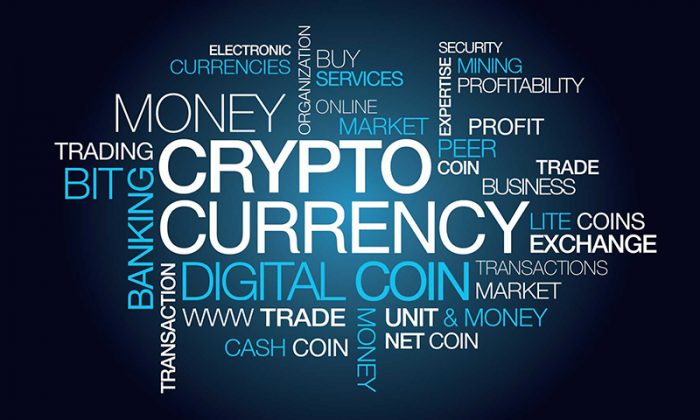Cashless society
“Money is an abstraction built on trust. As such, alternatives to the most tangible form of money and its replacement with cashless payments have become possible. Such an ecosystem is one where no transaction requires money in the form of notes and coins, and where value can be exchanged through the transfer of information between transacting parties. There have been multiple waves of such alternatives. Established alternatives to cash include checks, credit cards, debit cards, and prepaid debit cards. More recently, innovative options have sprung up that not only threaten to imperil the ubiquity of cash but also upend the traditional payment ecosystem. These include smartphone-enabled credit card acquirers, such as Square, and Automated Clearing House or ACH acquirers, such as PayPal and Dwolla. And then there are even more ambitious alternatives to cash that have been proposed, such as Bitcoin, a web-based cryptocurrency. Unlike traditional money, such alternatives do not derive their value from government fiat. Each of these alternatives have evolved networks within which they are uniformly accepted as a means of payment; the more established alternatives, of course, have the widest networks.

By the 2010s cash had become actively disfavored in some kinds of transaction which would historically have been very ordinary to pay with physical tender, and larger cash amounts were in some situations treated with suspicion, due to its versatility and ease of use in money laundering and financing of terrorism, and actively prohibited by some suppliers and retailers.
Cashless economy could be very beneficial for central governments and economies, especially regarding control of the money supply. Impossibility to use cash also means almost total control of all transactions, interest and use of money.